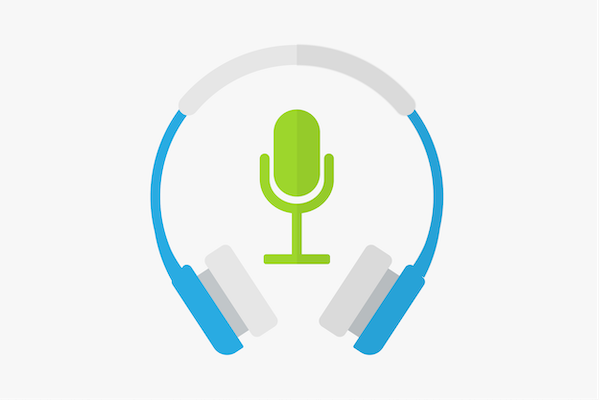Podcast
A podcast is one or more audio or video files, which are made available on the Internet. An individual part of a podcast is also known as an episode. The podcast can be viewed or heard regardless of time and place. The word is made up of the words “portable on demand” and “narrow-/broadcasting.” In other words, it is portable media content which is being distributed.
Basic principle
Theoretically, anyone can create their own podcast and put it online. In principle, any Internet user can be reached with it. Conversely, each user can select exactly the podcasts that interest them and create a customized media program with these files. That way, users are independent of prefabricated radio or television programs and can consume media based on their determination. Missed programs can be viewed at a later date as well.
Sample content
There are no limits in terms of content. A few possible uses are your own radio show, diary, horoscope, audio newsletters, radio play, joke of the day, education / training, short book review, cooking show, published presentations, and more. Television broadcasts and small radio program series are available as podcasts for download.
A specific example from the field of SEO is Radio4SEO.
Creation
A common mp3 file can be created by anyone at home. This is possible with computers that have a microphone, as well as with some mp3 players or mobile phones. The file should have meaningful ID tags before being uploaded to a server. A suitable RSS file can be generated with a simple text editor (such as .rss or .xml). It must include a proper enclosure tag that points to the URL of the file. The finished file also gets uploaded to the server. Unlike web radios, no public charges have to be paid for podcasts.
Subscription
A special, usually free software, called podcatcher, is required to receive or subscribe to an RSS feed. A podcast feed can then be subscribed to and both audio and video podcasts can be downloaded at specified intervals. Synchronization with a playback device can be performed automatically with some podcatchers. Well-known podcatchers are iTunes, gPodder, Miro, Spotify, Winamp, SoundCloud, Banshee, and podcast.de.
An RSS reader is also a software, but it works differently than a podcatcher. The RSS feeds specifically subscribed to are clearly displayed in text form. Downloading and synchronization is not possible with a pure RSS reader.
A single episode of a podcast can also be downloaded by clicking the appropriate link. That way you are not subscribing to the podcast and it will not require any additional software.
Terms of use
As a general rule, the files provided may not be modified or further processed. A podcast is for private use and use for commercial purposes is usually prohibited. Consent should always be obtained for further use of the files. Pay attention to copyright even with the elements used in a podcast.
Relevance for SEO
- A podcast contains unique content. With the written description of each podcast, relevant unique content is easily created for the website. A summary of an episode allows the optimization for long-tail keywords.
- Podcasts that can be subscribed to via RSS feeds, are good for link building. Due to their high added user value (and thus added value for Google as well), they attract external links. Moreover, various sites offer a collection of RSS feeds. Entering your own on such sites may result in many backlinks to your site.
- A good podcast gets positive feedback in the form of social signals and backlinks. With many good episodes a podcast can be successful and produce a correspondingly positive effect for the website.

